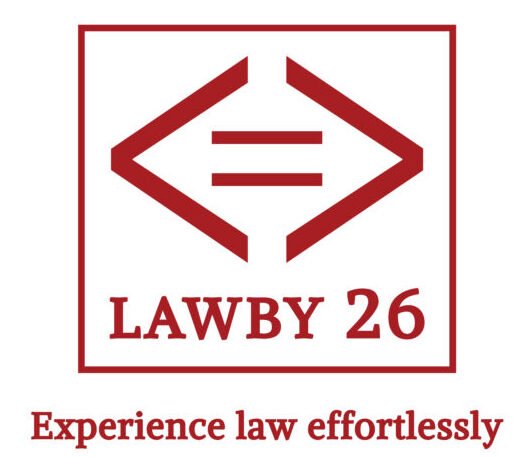The Press Information Bureau (PIB) is the Indian government’s agency that disseminates official information to the media and acts as a bridge between the government and the public through media. It communicates policies and programs while also gathering public feedback.
The Press Information Bureau (PIB) has been unwavering in its commitment to combatting fake news about the Indian government. In November 2019, it established a Fact Check Unit to rigorously verify claims about government policies, announcements, and measures from ministries and departments. This unit is dedicated to dispelling misinformation, rumours, and false claims, ensuring the public receives accurate information.
On March 20, 2024, the Ministry of Electronics and IT announced a significant development. The Press Information Bureau’s Fact Check Unit will now serve as the Central Government’s Fact Check Unit under Section 3(1)(b)(v) of Information Technology (Intermediary Guidelines and Digital Media Ethics Code) Rules, 2021 (IT Rules 2021). This unit will be crucial in monitoring social media posts related to the Union Government’s operations, ensuring the integrity of the information shared. Social media platforms are mandated to take down any information this unit identifies as fake/false, or they risk losing their legal immunity as intermediaries under the IT Rules of 2021.
In the case of Kunal Kamra v. Union of India, Civil Writ Petition (L) No. 9792 of 2023, The Petitioners challenged the constitutional validity of Rule 3(1)(b)(v) of the IT Rules 2021 on the grounds of violating Articles 14, 19(1)(a) and (g), and 21 of the Constitution of India,1950 as well as Sections 79 Section 87(2)(z) and (zg) of the Information Technology Act, 2000 which states that intermediary shall not be accountable for any information of third party, data, or communication link made available or hosted by him and the guidelines to be observed by the intermediaries under Section 79(2) of the Information Technology Act,2000 respectively.
The petitioners were aggrieved by the power granted to the Central Government’s Fact Check Unit (FCU) to identify fake, false, or misleading information and subsequently compel social media intermediaries to make reasonable efforts to remove or restrict access to such information on their platforms. They claimed that this rule, which empowers the FCU to determine the integrity of information, has a ‘chilling effect’ on the freedom of speech and expression guaranteed by Part III of the Constitution. The petitioners argued that the unbridled power vested in the Central Government’s Fact Check Unit makes the government a judge in its cause, potentially resulting in the government compelling intermediaries to take down information that may be unfavourable to it.
The Bombay High Court had refused to stay the implementation of the Information Technology (Intermediary Guidelines and Digital Media Ethics Code) Amendment Rules 2023. Consequently, it allowed the Union Government to notify the establishment of the Fact-Check Unit (FCU).
The petitioners filed a Special Leave Petition before the Supreme Court (SC), challenging the Bombay High Court’s decision. The SC has stayed the Union Government’s notification establishing the Fact-Check Unit (FCU) under the IT Amendment Rules 2023. However, the SC has also acknowledged the ‘serious constitutional questions’ raised as a challenge to these amended rules. In particular, the impact of Rule 3(1)(b)(v), as amended in 2023, on the fundamental right to freedom of speech and expression will be thoroughly analysed by the Bombay High Court during the hearing of this matter, keeping the public informed about the ongoing legal developments.
Done By: Sowmiya R.K ,
B.A.,LL.B(Hons), LLM (Business Law),
Junior Legal Consultant



